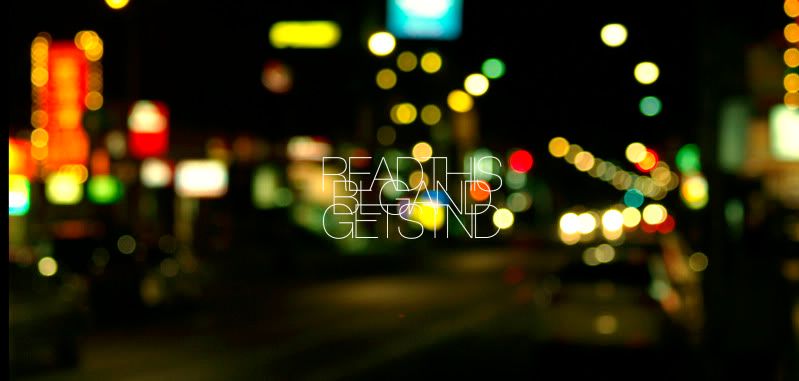
Kreikassa jälleen yleislakko
Torstai 20.5.2010 klo 03.08
Työntekijät aikovat osoittaa mieltään säästökuuria vastaan Ateenassa ja muissa suurissa kaupungeissa.
Lakko sulkee muun muassa kouluja ja pankkeja. Se sotkee myös julkista liikennettä etenkin Ateenassa, mutta kansainvälisen lentoliikenteen odotetaan sujuvan normaalisti.
Yleislakko on jo neljäs sitten helmikuun. superfluidity
What ancient Greek and Roman works do you think you'll be rereading in your 70s? Why?
tragos
I can’t wait to find out the answer to this question. I should say, rather, it will be interesting: I’m in no rush. One of my dear friends, who was lucky enough to study Russian with Nabokov at Wellesley, once told me that she has read Lolita five times throughout her life, and that it seemed very different each time, in broad terms becoming less funny and more heartbreaking. She also predicted that different Shakespeare plays would speak to me as I aged. Life would prove a little disappointing if I’m not surprised at what ancient works I find most engaging later in life, but I suspect that it will include a handful of my favorite authors.
Among the Greeks, I’m sure that I will still be reading Homer and Pindar. They both have a great deal to say about living and dying but in very different ways. The Homeric poems flow effortlessly and rely on narrative; Pindar’s poems are dense and depend on images. The Iliad and the Odyssey have a remarkable ability to take on new meaning for each new generation. Pindar is far less read for several reasons, not the least of which is his great reluctance to be translated, but his poems contain a treasure of images and metaphors and insight. I also think that I will be reading tragedy. Right now I would say that Aeschylus is my favorite, but I’ll be interested to see if that changes in the future.
I think in some ways the Roman writers will be more interesting. Latin literature hasn’t captured my attention in the same way that the Greeks have, but I’ve been coming around to a few authors in the past few years, and so I wonder how I will feel decades from now. The situation could be very different. I think that I will be reading Ovid for sure. He is the greatest Roman writer in my opinion. He not only forged new literary terrain, but he was a master of several different genres. The Metamorphoses, even considering its high reputation, is too often considered merely light and enjoyable, but it is incredibly complex in language and structure. It defies genre and comprises an extended meditation on the nature of time and life and definition and individuality. I’ve only recently discovered Latin elegy and it is the type of thing I hope to be reading on a porch in a valley on a summer evening when I’m too old to stretch out in a field somewhere.
Even more interesting perhaps are things that I enjoy now but which I suspect that I won’t be reading later in life. There is a chance that I’ll be reading Thucydides and Sallust, and a slightly better chance that I’ll be reading Herodotus and Lucretius, but for some reason I think they will speak to me less strongly after a full lifetime of my own. I’m very interested in Plato and Aristotle but I don’t think I’ll still be reading them, except maybe the dialogues about the trial and death of Socrates.
One of the reasons I find it valuable to read ancient literature is that after the alien cultural elements are appreciated, the deepest human concerns stand out more vividly. I think, however, that my reading will be less centered on Classical literature in a decade or so. If I have to make a broad prediction about my reading, or maybe this is really my hope, I would say that in the past ten years it has tended to move away from poetry and fiction to non-fiction prose, but I desperately hope, and I think it would be more healthy for my soul, if it trends back to fiction and poetry later in life, or maybe even sooner.








Ei kommentteja:
Lähetä kommentti